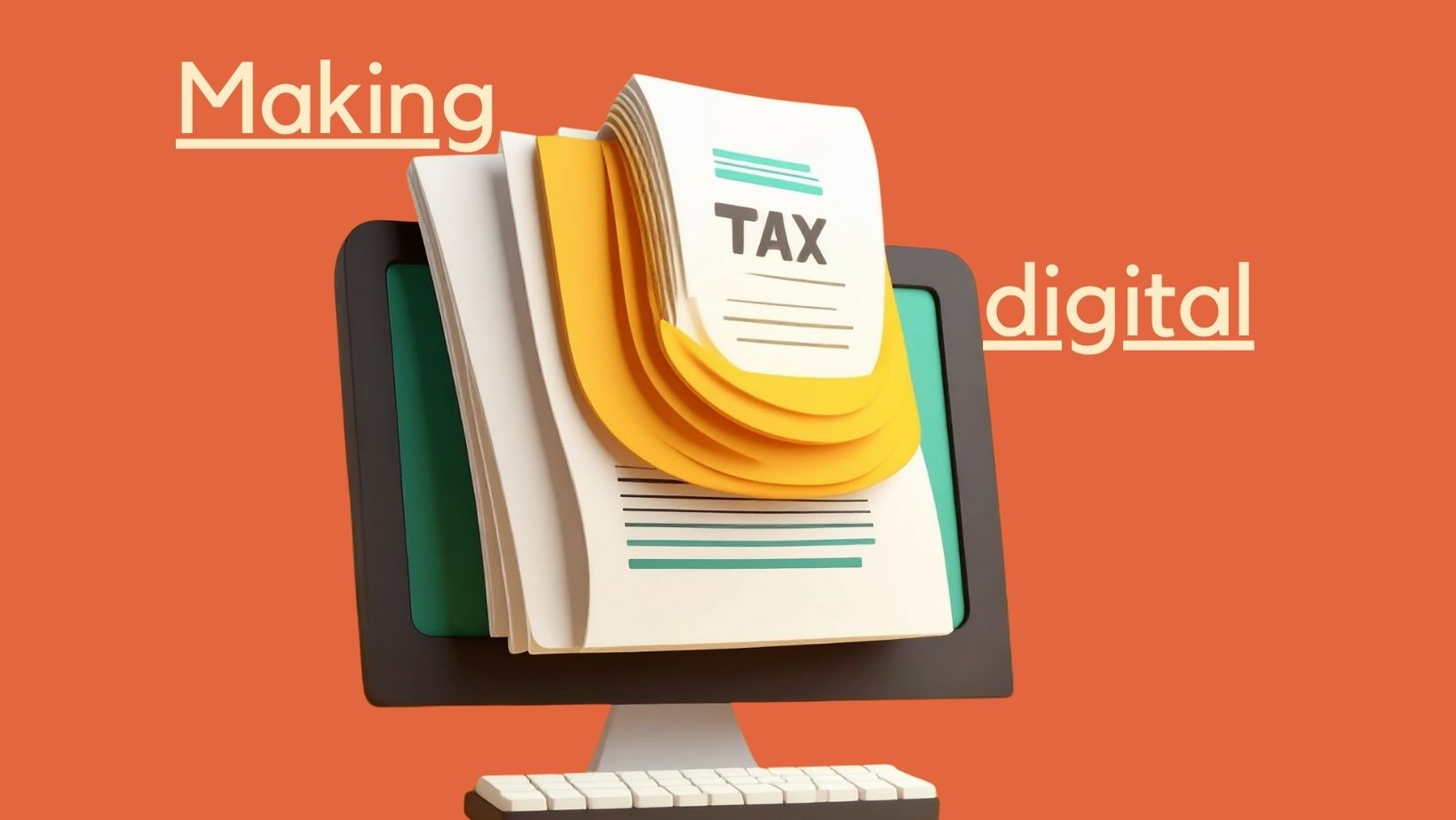How Much can You Take in Dividends?
As a director and shareholder, you may be used to taking part of your income from your Limited company as dividends. It’s important that this is done correctly, so in this article we’ll look at the difference between legal and illegal dividends.
What are dividends?
In simple terms, dividends are company profits being split between the shareholders. They’re distributed according to how much of the company each shareholder owns, so if you own half the shares in your company, you’d get 50% of any dividend payment.
When are dividends legal?
There are three conditions that need to be met for a dividend to be legal, according to the Companies Act 2006:
- The company must have enough distributable profits. These can include retained earnings and realised profits from the current or previous financial years, minus any accumulated losses and outstanding liabilities.
- Your company must be able to meet its financial obligations after paying the dividend. The company’s overall financial health and future obligations must be considered before dividends are paid.
- The company’s directors must approve any dividend payment, after reviewing the company’s financial position to ensure it can afford to distribute profits without putting its operations at risk.
Illegal dividends
If these are the conditions for legal dividends, it follows that dividends paid outside these conditions would be illegal. For example, a dividend payment would be considered illegal if:
- The company has insufficient distributable profits available to cover the dividend. This can put the company’s financial stability at risk and harm the interests of creditors.
- The company pays the dividend despite knowing they won’t be able to meet their financial obligations. This kind of dividend can jeopardise the company’s solvency and harm the interests of creditors and other stakeholders.
Consequences of getting it wrong
Paying out illegal dividends could leave directors personally facing legal action from shareholders, creditors or regulators. The courts can order the repayment of illegal dividends, as well as imposing fines and penalties on the company and its directors.
Illegal dividends can also lead to the creation of a director’s loan account, which can result in S455 charges and additional personal tax. If you already have a director’s loan and it’s getting out of control, speak to your accountant about implementing a Director’s Loan Recovery plan.
Your responsibilities as a company director
As a director of your Limited company, you have a duty to act in the best interests of the company and its stakeholders, and with respect to dividends you’re expected to act with caution and diligence. This includes keeping accurate financial records, understanding the company’s financial position and seeing professional advice when you’re in doubt.
If you have questions or if we can help in any way, please call our expert team on 01296 468185 or email [email protected].




